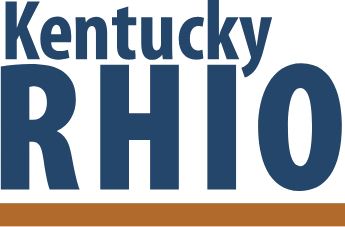MOREHEAD, Kentucky (September 30, 2021) – The U.S. Department of Labor, in partnership with the Appalachian Regional Commission (ARC) and the Delta Regional Authority, awarded $29 million dollars in grants to 23 organizations to provide employment and training services to regional and local workforces.
This Workforce Opportunity for Rural Communities (WORC) initiative will fund projects to invest in education, training and career support services in the Appalachian and Delta regions. NeKY RHIO (dba KRHIO) will provide services to dislocated workers, new entrants to the workforce, and individuals affected by substance use. Training will include health worker skills curriculum, support for healthcare IT, and advanced soft skill training.
“These Workforce Opportunity for Rural Communities initiative grants demonstrate the Biden-Harris administration’s commitment to supporting the long-term economic stability and opportunities for workers in rural communities across the Appalachian and lower Mississippi Delta regions,” said Acting Assistant Secretary of the Employment and Training Administration Angela Hanks.
KRHIO is partnering with Kentucky Career Center, AppHarvest, Horizon Health, Pathways, Appalachian Kentucky Health Care Access Network (AKHCAN), Achieving Recovery Together (A.R.T.), and Northeast Kentucky Substance Use Response Coalition. The partners will focus their efforts in the following 12 KY counties: Bath, Clark, Estill, Knox, Laurel, Lewis, Menifee, Montgomery, Morgan, Powell, Rowan, and Whitley.
The WORC grant period is from September 30, 2021 to September 28, 2024. “NeKY RHIO is ecstatic to bring together these partners as we work towards developing a skilled workforce and provide equitable access job opportunities,” said Executive Director Scott Lilley.
About Kentucky RHIO
The mission of NeKY RHIO (dba KRHIO) is to assist healthcare providers and patients with the use of technology and connectivity to improve the health of our communities. Our vision is to improve the health and safety of Kentucky residents by enhancing the ability of the health care delivery system to capture and share health information, by using health information technology to improve efficiency, by protecting patient privacy, by supporting clinical and public health research, and by educating the public and health professional about health information technology.
